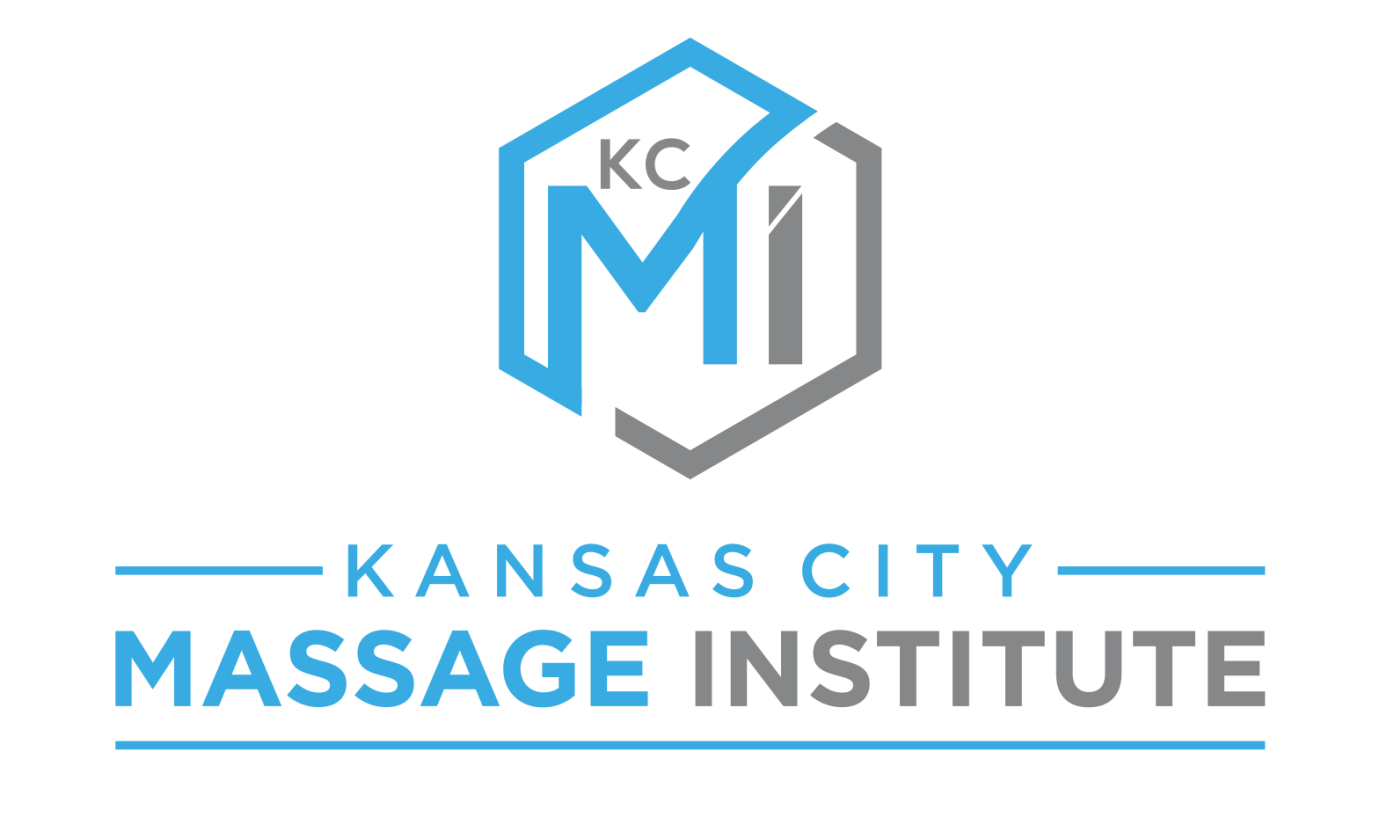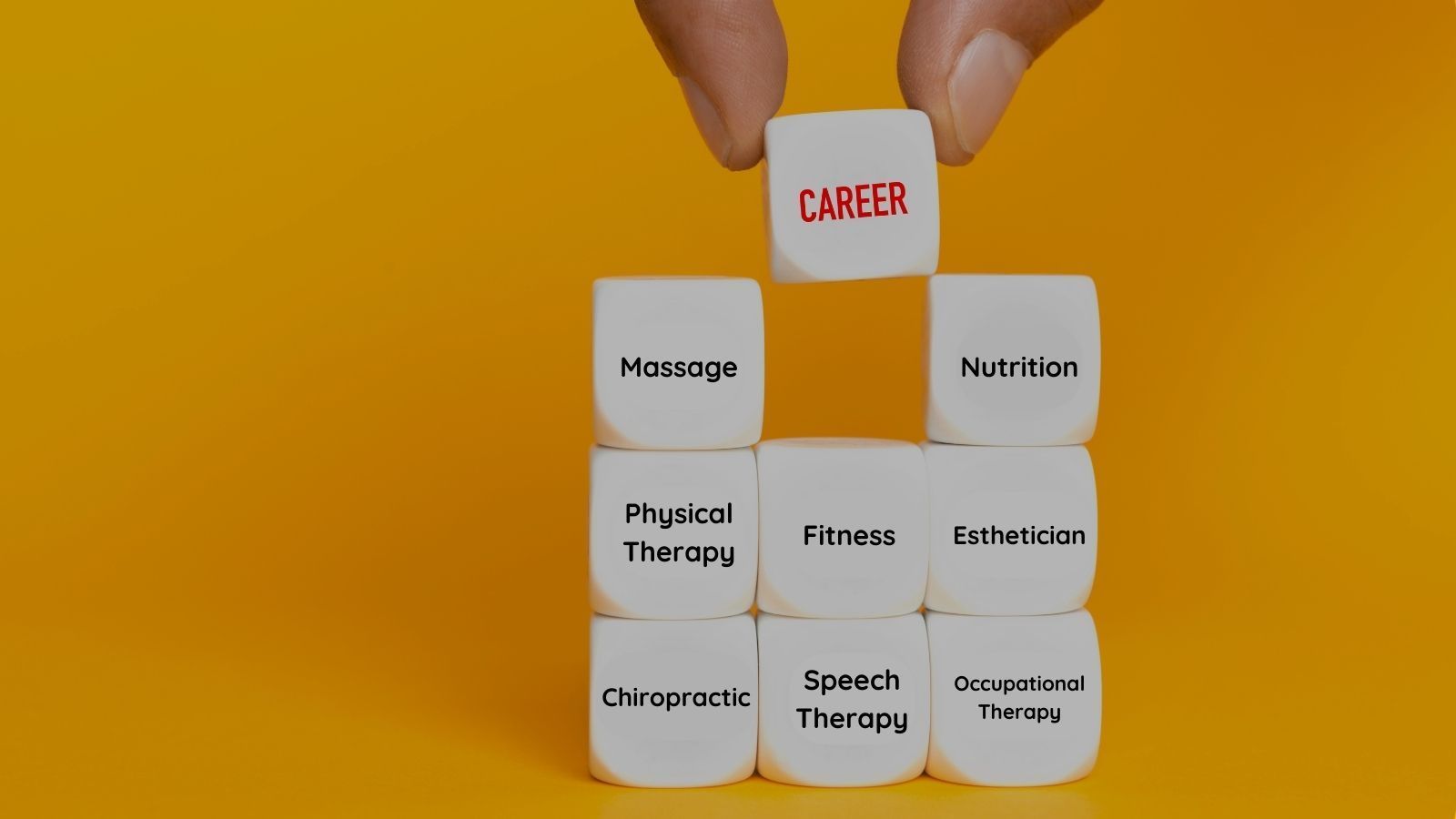Should You Choose an Accredited Massage Therapy School?
Launching a career as a massage therapist will be incredibly rewarding. Improving the well-being of others through massage therapy brings purpose to your work. As you step into the high-demand field, choosing the right
massage college becomes crucial. It takes time to decide between accredited and non-accredited programs. Let’s explore the pros and cons of accredited vs non-accredited schools, empowering you to make an informed decision about your education. Understanding the value of accreditation is essential to achieving your career goals in massage therapy.
In this post, we will cover:
Understanding Accreditation in Massage Therapy Schools

Accreditation for massage therapy schools validates that the curriculum, faculty, and facilities meet the standards set by accrediting bodies. While accreditation comes with a few added benefits, non-accredited schools offer more career-targeted courses and the same quality education at a lower cost.
Choosing between accredited and non-accredited massage therapy schools depends on your circumstances, career goals, and finances. Understanding the pros and cons of each option will guide your decision.
Advantages of Non-Accredited Massage Therapy Schools
Non-accredited massage therapy schools choose to maintain the flexibility to design their curriculum vs catering to criteria set by accrediting bodies. These schools are focused on developing specialized programs catering to niche areas of massage therapy and the student’s needs.
Some schools avoid the time-consuming and costly aspects of accreditation and pass on the savings to students with lower tuition fees. Non-accredited schools can offer an affordable pathway to becoming a massage therapist. Consider these benefits of non-accredited programs:
- Receive specialized Training: Become an expert in sports massage, Thai massage, or energy healing techniques with in-depth knowledge and skills.
- Flexible Programs: Flexible curriculums can allow schools to adapt quickly to new trends and practices in the massage therapy field.
- Smaller Class sizes: Experience more “hands-on” practice and individual guidance from instructors.
- Community and Networking Prospects: Smaller non-accredited environments can foster community, friendships, and valuable networking opportunities.
Kansas City Massage Institue is an example of a high-quality non-accredited massage therapy program. Our institution places a high value on hands-on experience and real-world application.
Benefits of Attending Accredited Massage Therapy Schools
Accreditation requires educational institutions to undergo a rigorous process. Consider the following benefits of attending an accredited massage therapy school:
- Accreditation Process: The rigorous nature of accreditation guarantees students receive an education that is thorough and relevant to current industry standards.
- Financial Aid Opportunities: Accredited schools are eligible for
federal financial aid programs such as grants, loans, and work-study opportunities. These financial aid options will ease the financial burden of your education.
- Standardized Education: Accredited massage therapy schools must adhere to a standardized curriculum that covers all essential aspects of massage therapy. This includes anatomy, physiology, massage techniques, ethics, and business practices. As a student, you will be equipped with the knowledge and skills to succeed as a massage therapist. Certified instructors will bring valuable practical insights into the classroom.
- Advanced Career Opportunities: Graduates from an accredited massage school have enhanced career prospects. Many employers prefer or require credentials from an accredited institution. Some states may require licensure candidates to graduate from an accredited program for certification.
Evaluating Non-Accredited Schools for Quality
When looking at a non-accredited massage school, evaluate the following for a quality education:
Evaluate the Curriculum
- Is the curriculum current and comprehensive?
- Do they offer the specializations you are looking for?
- Do they offer ample hands-on training? Practical experience is crucial.
- Does the school provide continuing education for advanced training?
Evaluate the Instructors
- Research the credentials and practical experience of the faculty members.
- Are the instructors current with the current practices and trends in massage therapy?
- Are the instructors good at teaching what they know? Those with practical experience often communicate complex concepts effectively.
Check for Success Stories
- Look for reviews from graduates of the program. Do they have positive stories?
- Evaluate the employment rates of graduates.
- Check the pass rates of graduates on licensure exams. High pass rates reveal the program’s success in preparing students.
Tips for Prospective Students
- Visit the Schools. See the classrooms and meet the instructors in person.
- Make a list of questions to ask. The above evaluations will get you started.
- Compare Costs. Ensure you know all the costs involved including tuition, fees, textbooks, and supplies.
- Check for Partnerships. Some non-accredited schools have partnerships with local businesses for internships or job placements.
- Chart out your career goals. Will the program meet your career path goals? Know what is required in your state.
Is Accreditation Necessary for a Successful Massage Therapy Career?
Accreditation can open more doors for those in the medical field. Still, graduates from non-accredited schools have achieved rewarding careers after achieving strong practical skills and continuing to stay current with the latest trends.
Ultimately the choice depends on individual career goals, the regulatory requirements in your state, and personal financial considerations. Weigh the above factors carefully and choose the educational path that best aligns with your aspirations and circumstances.
Making the Best Choice for Your Massage Therapy Education
Accreditation ensures that the school adheres to an approved curriculum that covers the basics of massage therapy, including anatomy, physiology; massage techniques, ethics, and business procedures. Some states and many employers require accreditation credentials.
Non-accredited massage therapy schools have flexible programs designed around specialties and student needs. A successful career as a massage therapist can start with a non-accredited massage school.
Launch your career as a successful massage therapist by choosing the best educational program that fits your goals and circumstances. Take the time to research thoroughly, ask the right questions, and visit schools to find the best fit for you. If you’re in the Kansas City area, contact the Kansas City Massage Institute, where there are several flexible programs to choose from, including accredited massage therapy programs. Take charge of your vocational future and make an informed decision for a successful career in massage therapy.
Quick Links
Contact Information
Address: 2 E. Gregory Blvd, Suite 306,
Phone Number: Feel Free to Call 816-710-0103 or Text 252-696-4086
Resources
All Rights Reserved Kansas City Massage Institute | Website Designed by Digital Marketing Inc.









